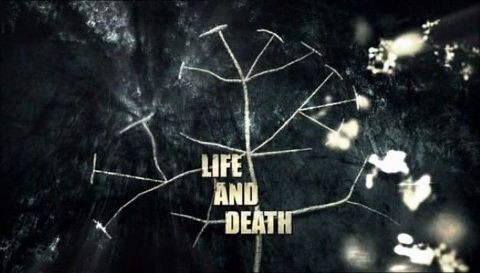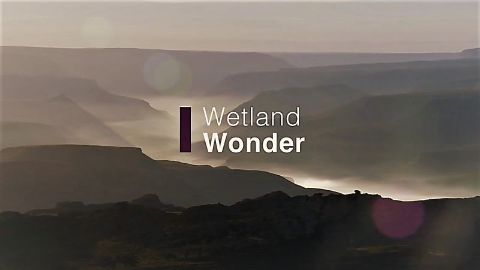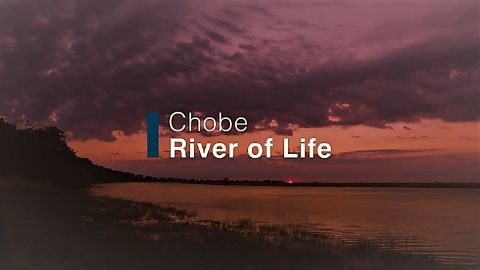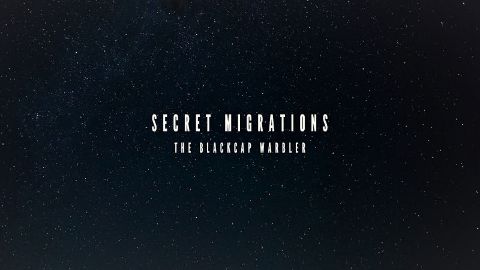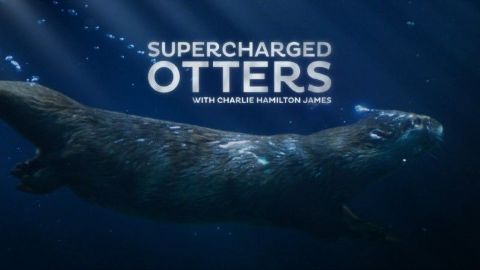Life and Death • 2009 • episode "S1E3" • Darwin's Dangerous Idea
Life and Death explores the impact of Darwin’s ideas on our understanding of the meaning of extinction and the interconnections between all life on earth and the environment. Darwin learned many lessons from the giant fossils of extinct animals he found in Argentina and Chile. He eventually revealed to us the unpalatable truth that the logical conclusion to evolution is not perfection but extinction. The extinction of one species creates an environmental niche for new species to fill. Darwin’s theory also gives us vital knowledge we can use to help prolong the existence of our species by respecting the interconnections between all elements of the natural world and the environment. It’s a story in which Darwin’s ideas are taken up with great enthusiasm by his followers throughout the 20th century. But humanity misses one opportunity after another to acknowledge and reduce its destructive impact on the planet. As a result we have set in motion the sixth mass extinction of life on earth. And we are running out of time to do something about it by preserving ecological "hotspots" like certain rainforests which are some of the most productive cradles of evolution. This programme is a warning, but also a celebration, of the knowledge Charles Darwin gave us in his theory of evolution. It confirms that Darwin’s theory continues to inform our understanding of ourselves, our planet and the intricate interconnections between all life on earth.
Make a donation
Buy a brother a hot coffee? Or a cold beer?
Hope you're finding these documentaries fascinating and eye-opening. It's just me, working hard behind the scenes to bring you this enriching content.
Running and maintaining a website like this takes time and resources. That's why I'm reaching out to you. If you appreciate what I do and would like to support my efforts, would you consider "buying me a coffee"?
Donation addresses
BTC: bc1q8ldskxh4x9qnddhcrgcun8rtvddeldm2a07r2v
ETH: 0x5CCAAA1afc5c5D814129d99277dDb5A979672116
With your donation through , you can show your appreciation and help me keep this project going. Every contribution, no matter how small, makes a significant impact. It goes directly towards covering server costs.


